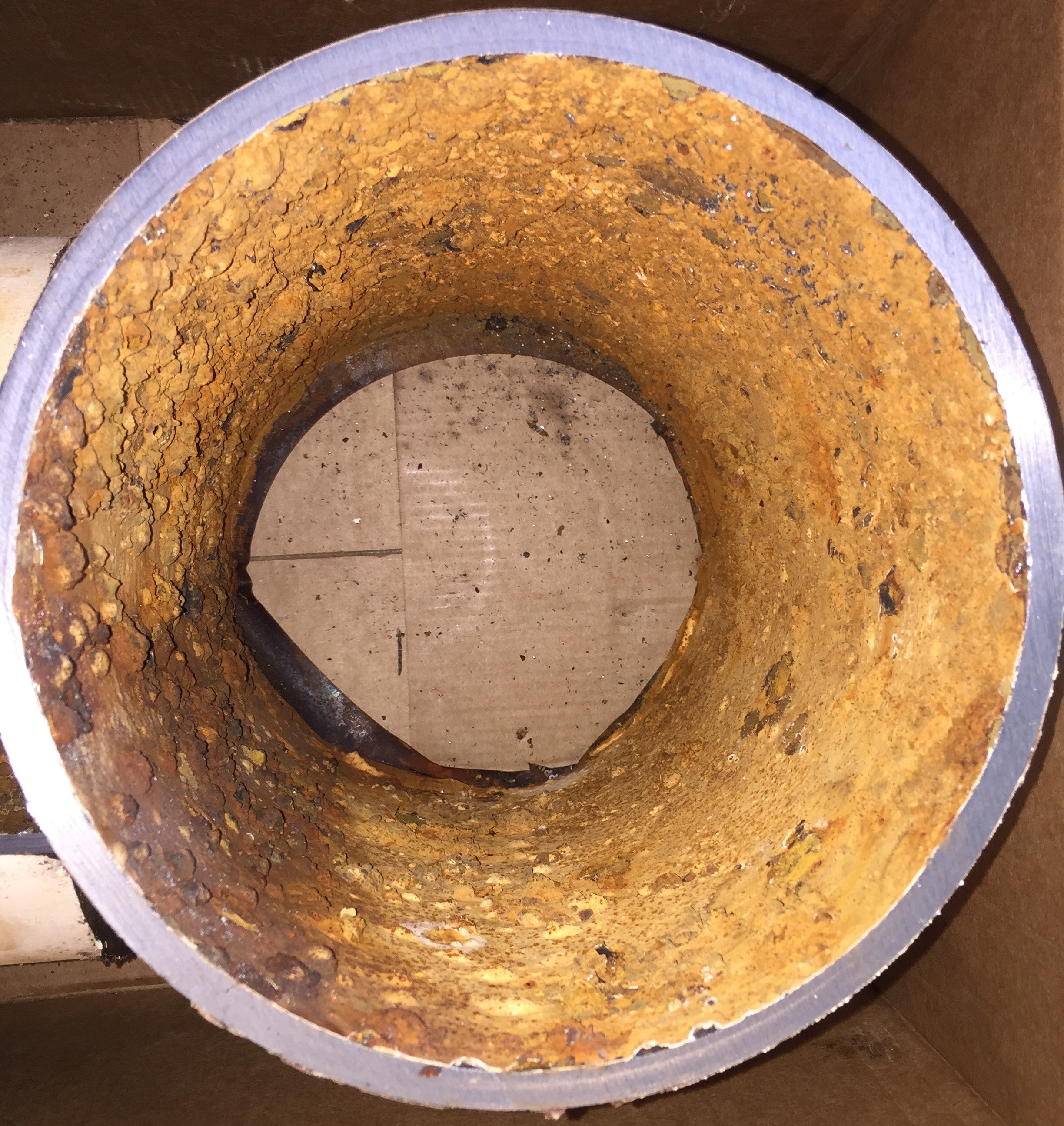
Research shows rusted pipes, drinking water can produce carcinogens
Don Horne
Announcements News cancer carcinogen drinking water Erin BrockovichRusted iron pipes can react with residual disinfectants in drinking water distribution systems to produce carcinogenic hexavalent chromium in drinking water, reports a study by engineers at UC Riverside.
 Chromium is often added to iron to make it more resistant to corrosion. Certain chemical reactions can change chromium atoms into a hexavalent form that creates cancer-causing genetic mutations in cells. This carcinogenic form of chromium was at the heart of a lawsuit in California’s Central Valley by Erin Brockovich, which became the subject of an Oscar-winning movie.
Chromium is often added to iron to make it more resistant to corrosion. Certain chemical reactions can change chromium atoms into a hexavalent form that creates cancer-causing genetic mutations in cells. This carcinogenic form of chromium was at the heart of a lawsuit in California’s Central Valley by Erin Brockovich, which became the subject of an Oscar-winning movie.
Haizhou Liu, a professor of chemical and environmental engineering who studies water treatment chemistry, obtained segments of two pipes that had been in service for about five and 70 years respectively and induced corrosion on portions. After scraping the rust off, grinding it to a powder, and measuring the amount and types of chromium present, the researchers put the samples in hypochlorous acid, the form of chlorine typically used in municipal drinking water treatment plants and drinking water distribution systems.
Previous experiments had shown that water disinfectants could transform trivalent chromium into toxic hexavalent chromium, but the group was surprised when zerovalent chromium that was detected in the rusted iron pipes transformed more quickly to the toxic form. They followed up with modelling experiments that showed a range of possibilities for how much hexavalent chromium could come out of the tap under real-world conditions. The worst-case scenario occurred in drinking water with high bromide levels.
“These new findings change our traditional wisdom on hexavalent chromium control in drinking water and shine light on the importance of managing the drinking water distribution infrastructure to control toxic substances in tap water,” Liu said.
Download original research paper: https://bit.ly/2L4t9LL
The paper cautions that as the world’s water crisis intensifies, recycled and desalinated water — both of which tend to contain higher bromide levels — will become more important, highlighting the need to understand and prevent chromium contamination. The paper recommends reduced use of pipes with high levels of chromium alloy and use of a disinfectant less reactive with chromium, such as monochloramine.
Print this page